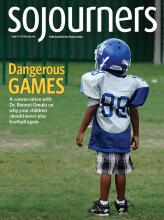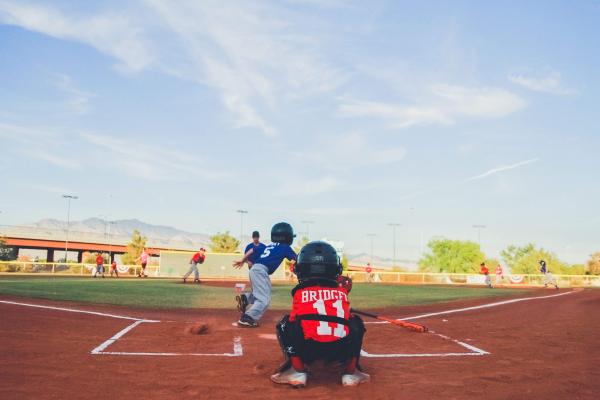Although there are terrible examples of abusive coaches, most coaches instill their players with respect for rules, officials, and the opponent, encouraging selfless teamwork and giving more playing time to those working harder in practice. Studies show that athletic performance improves when athletes perceive coaches to be fair. And this formative influence can last for decades: NBA legend Kareem Abdul-Jabbar credits his former college coach, John Wooden, for providing the guidance that led Abdul-Jabbar to become a successful basketball player and lifelong justice advocate. “Coach Wooden taught me a lot about basketball through his words,” writes Abdul-Jabbar. “But more important, his example as a man of unbending moral strength taught me how to be the man I wanted to be—and needed to be.”
Read the Full Article

